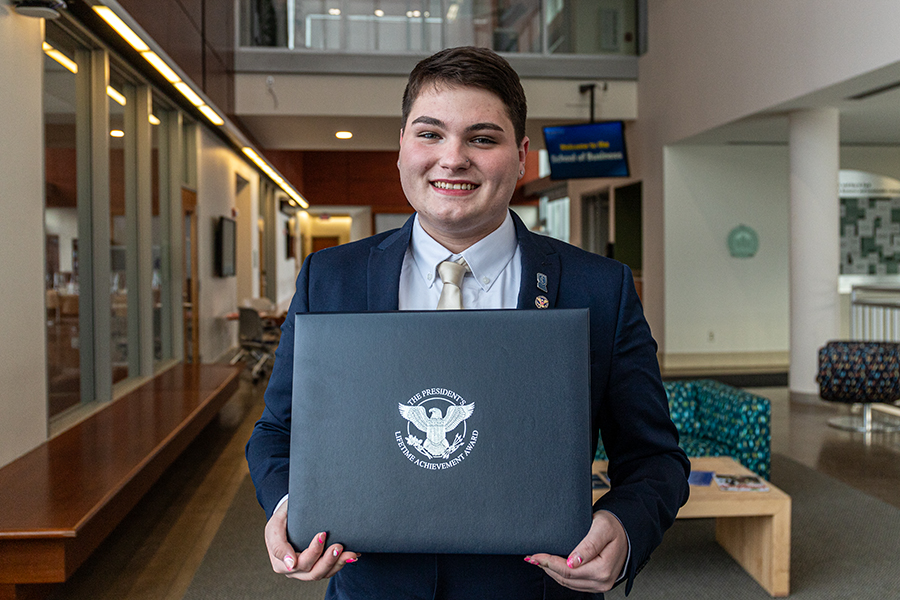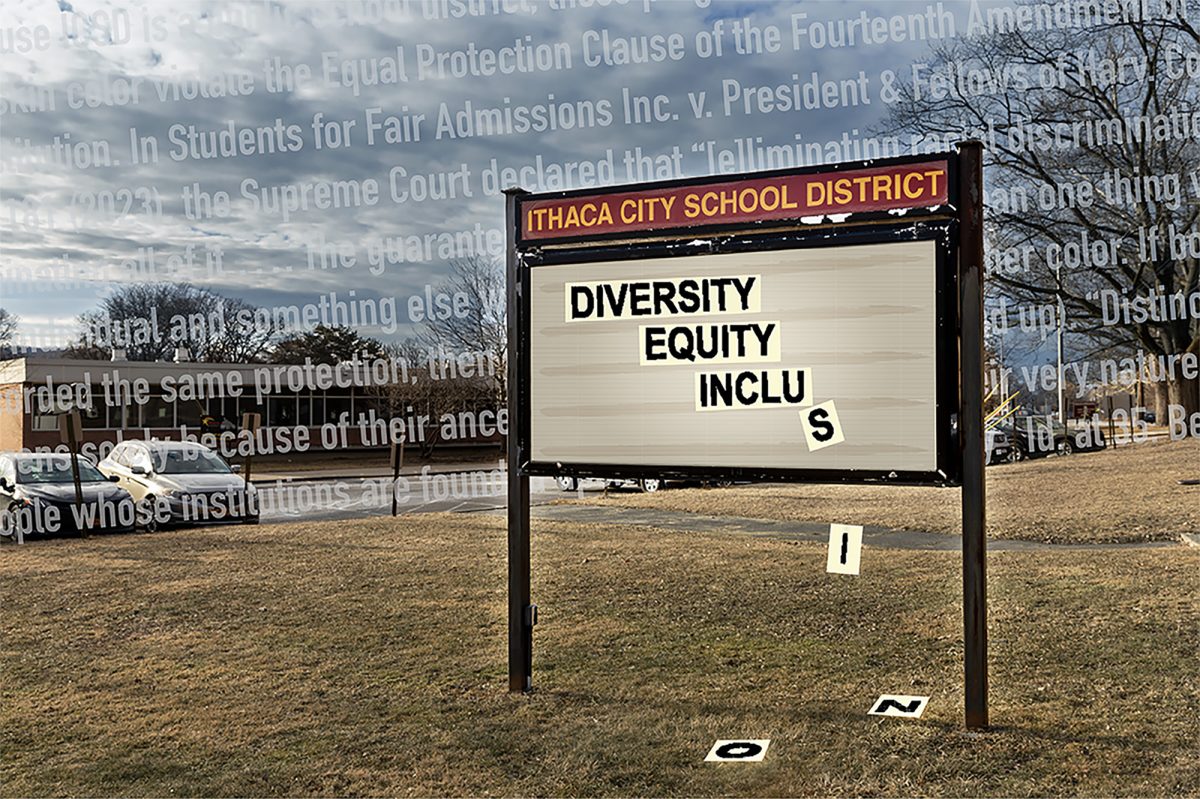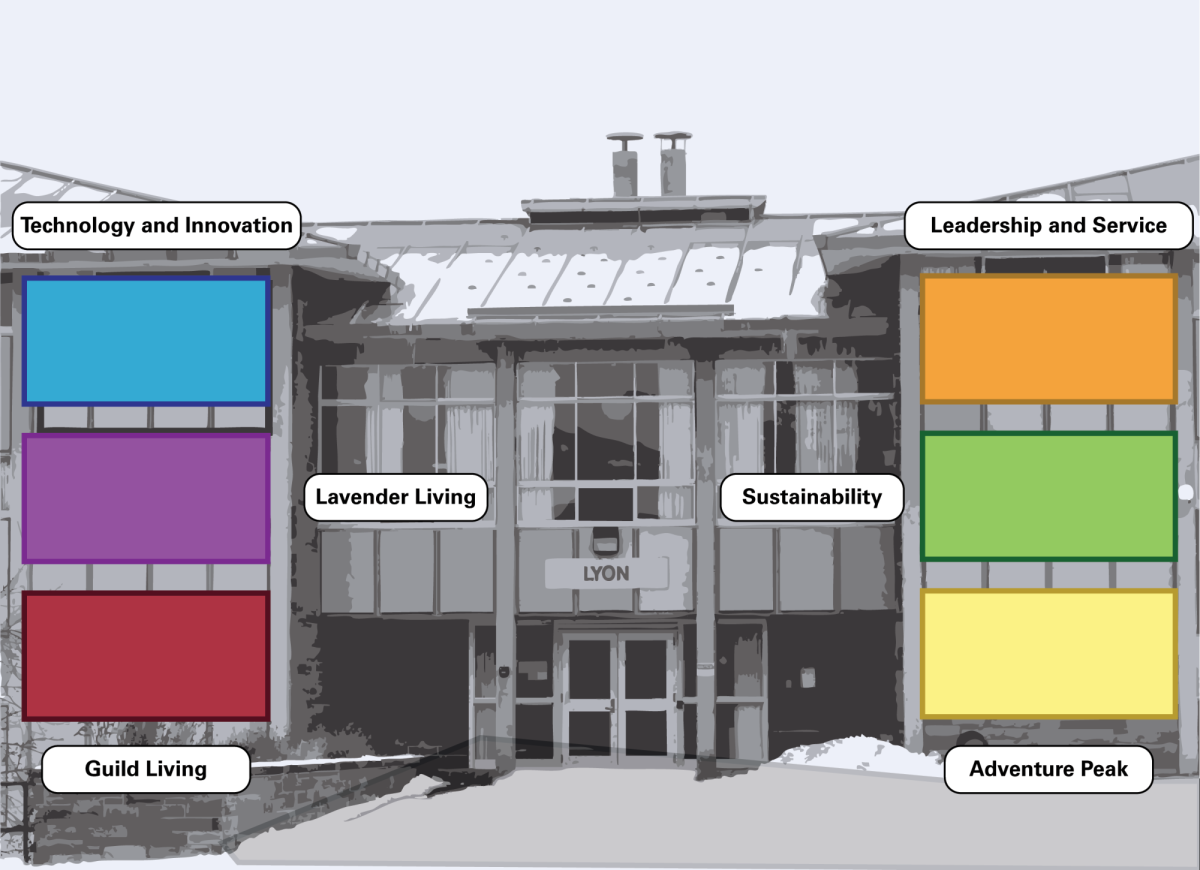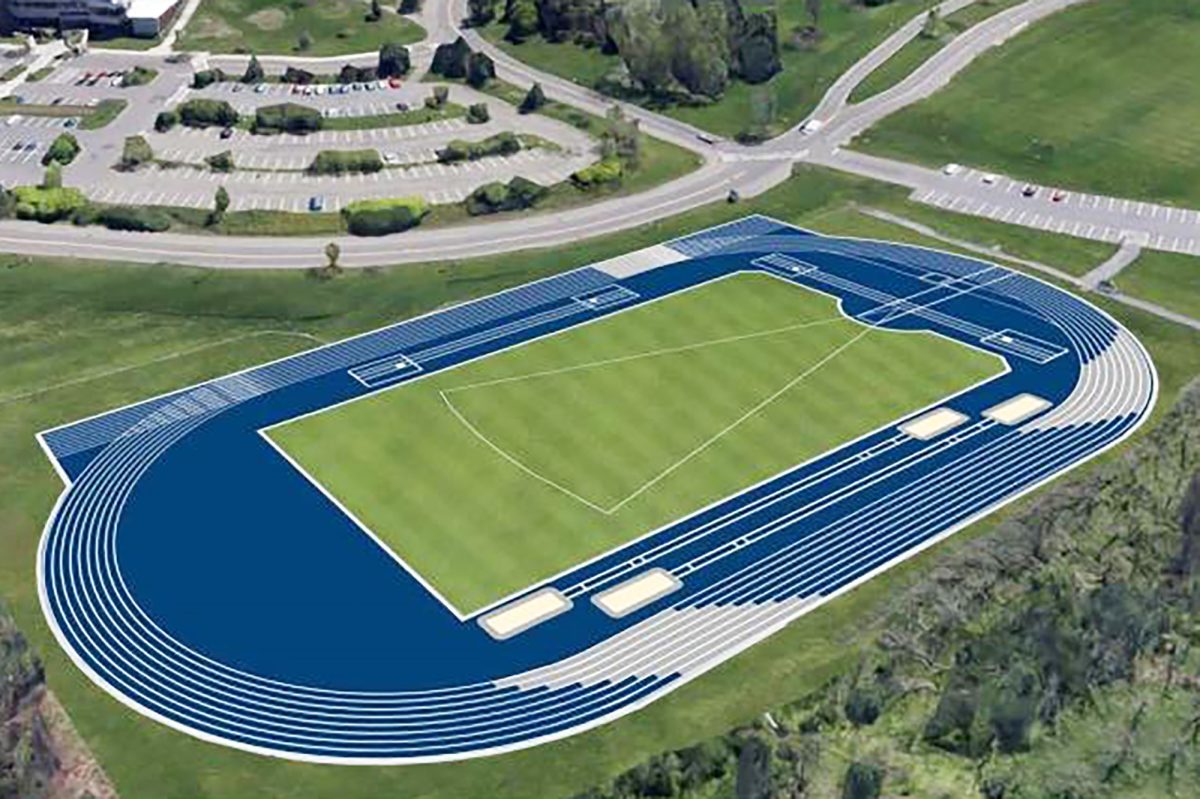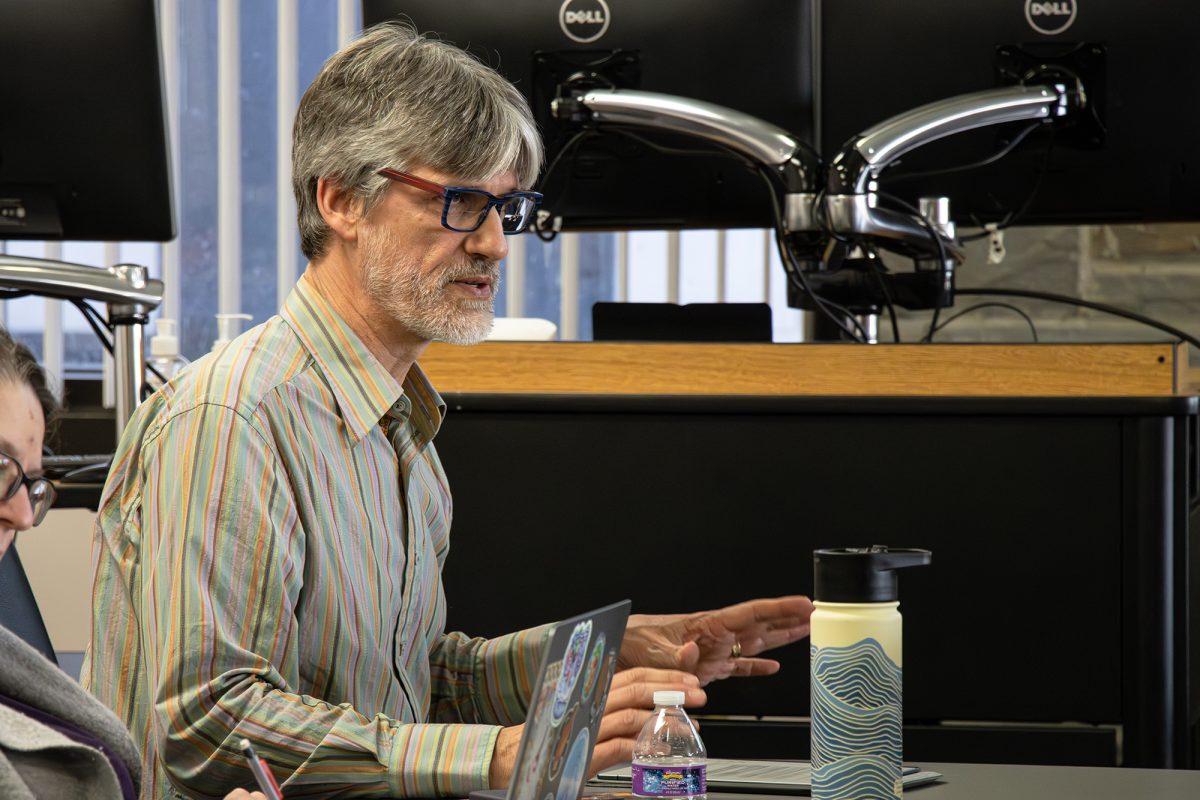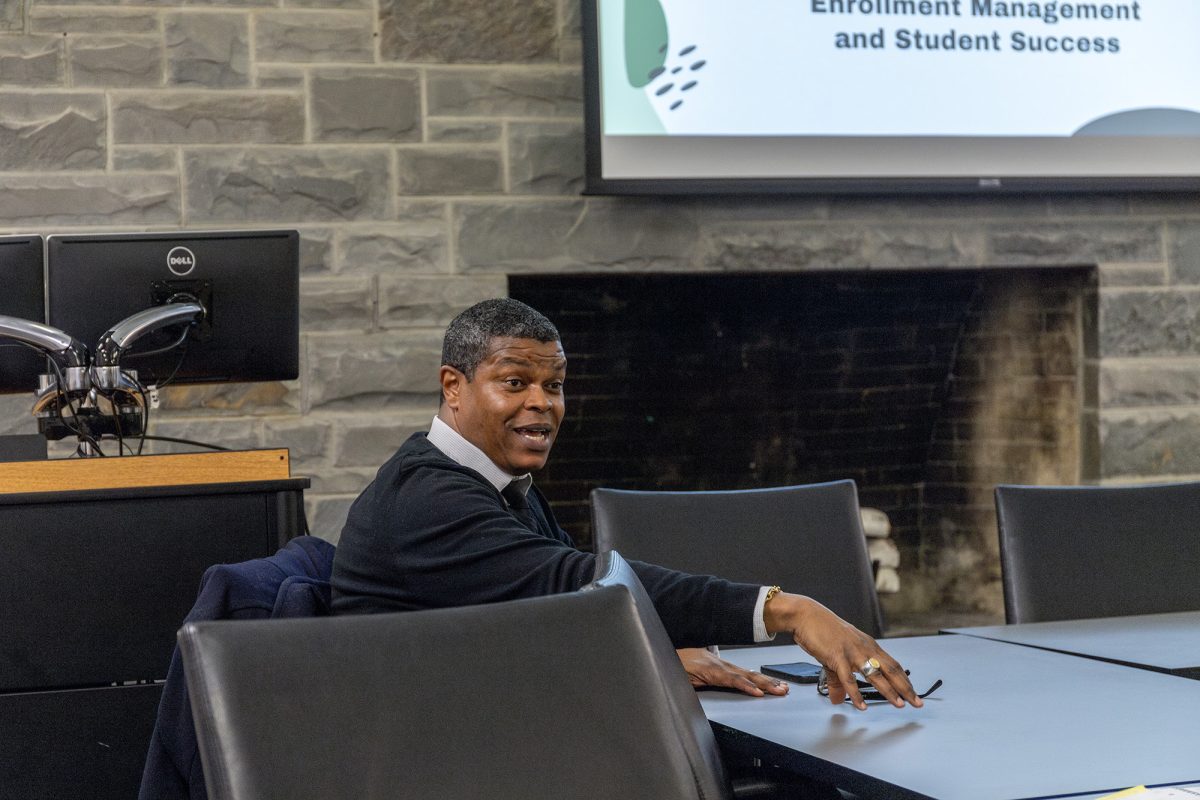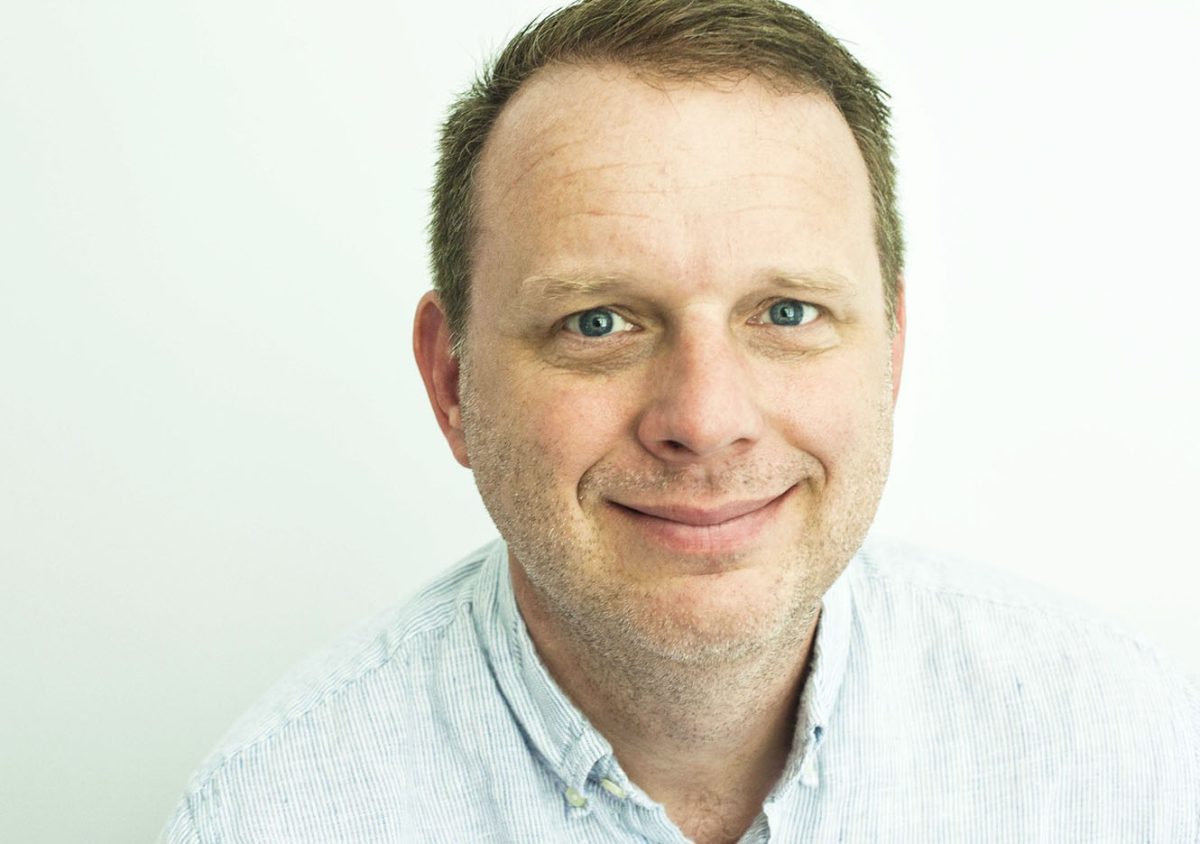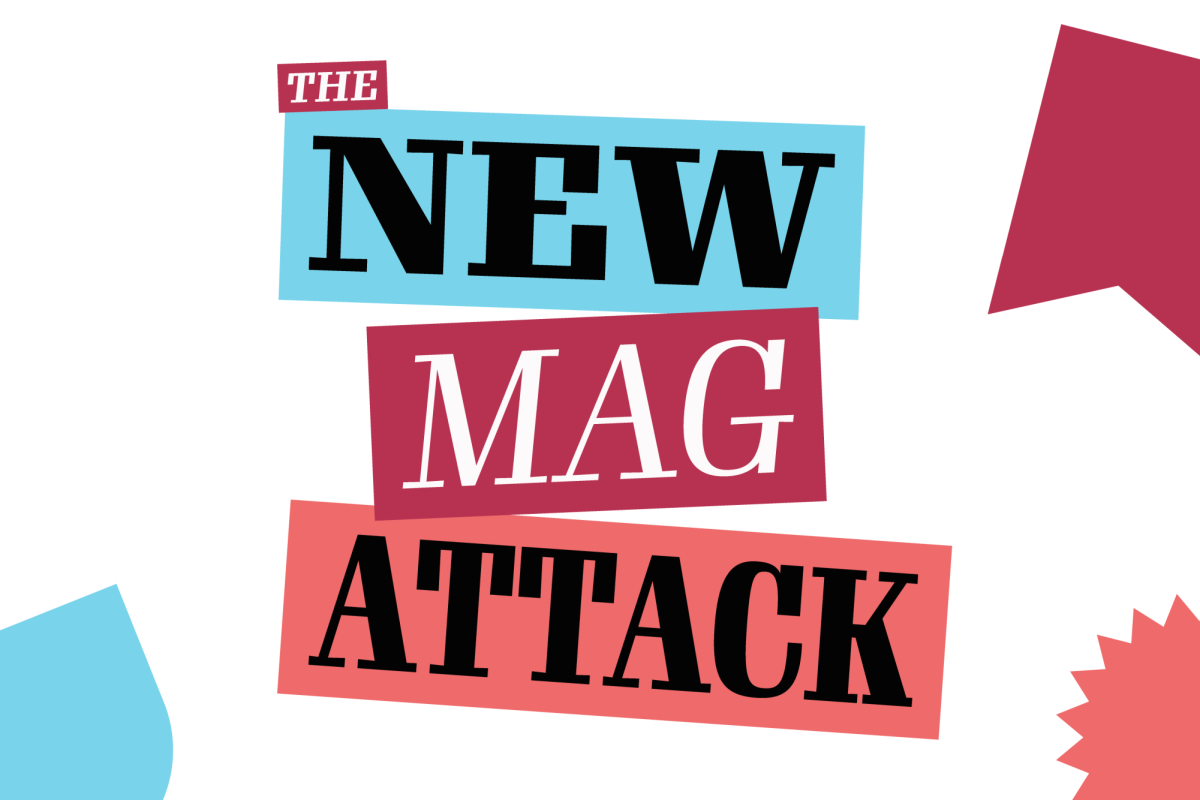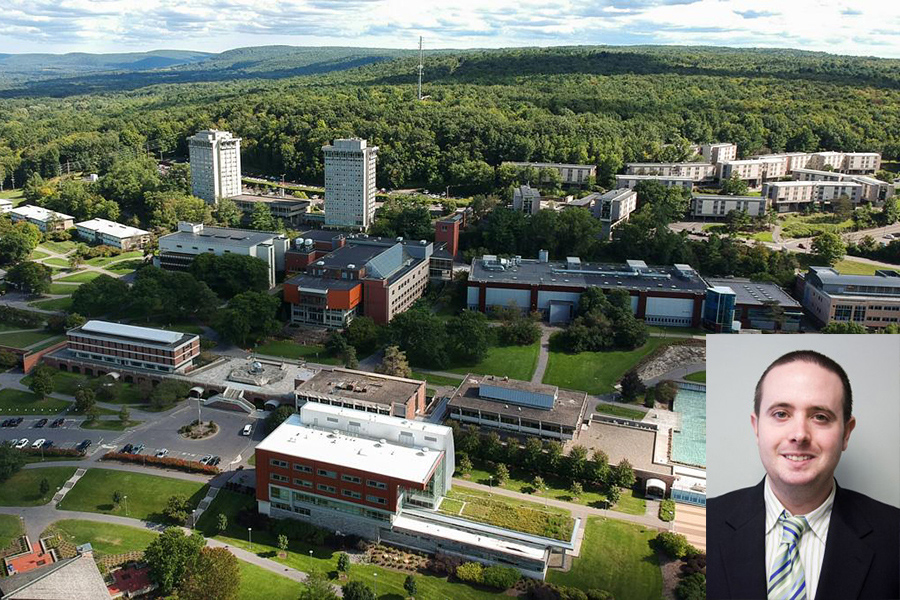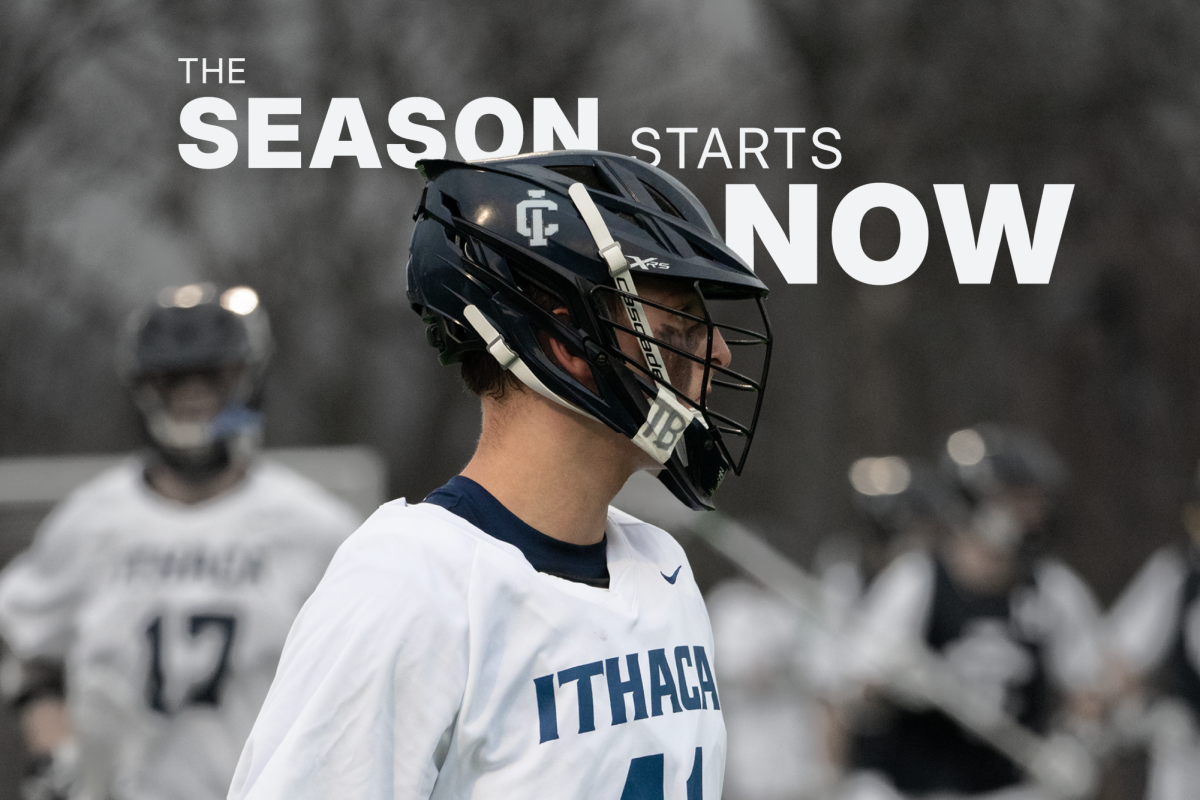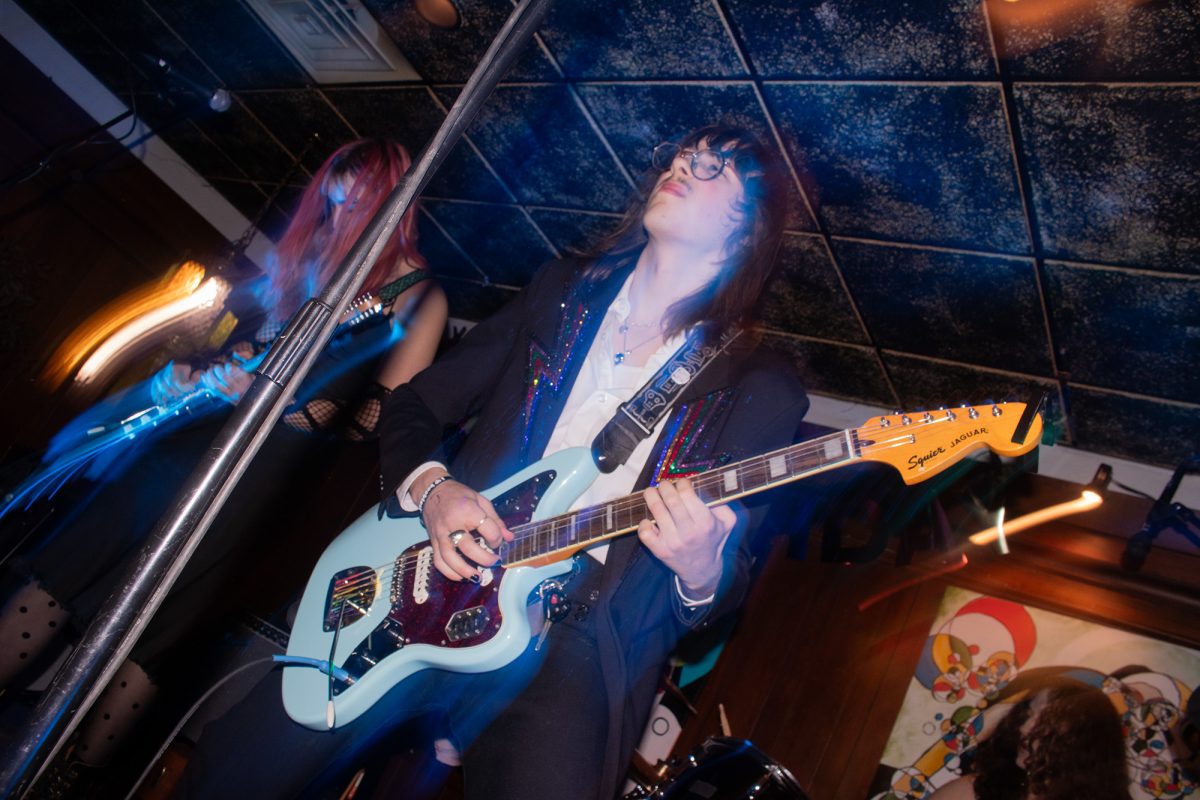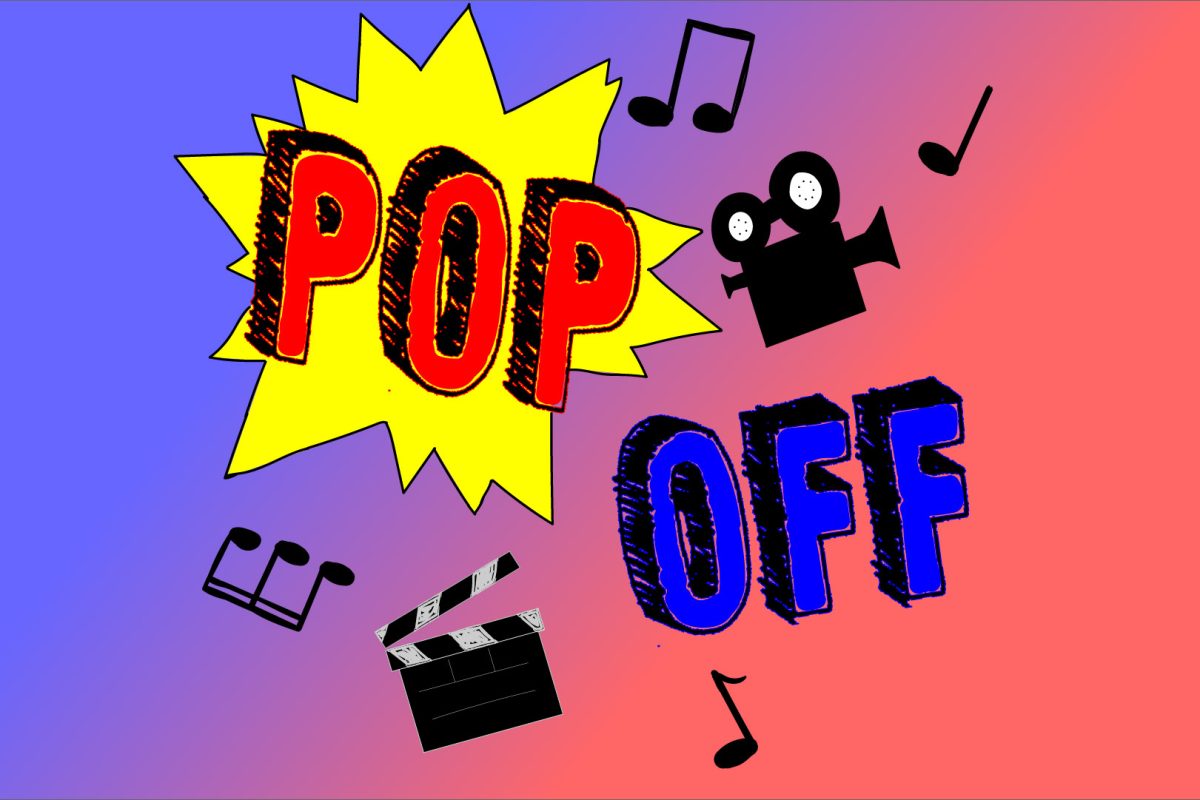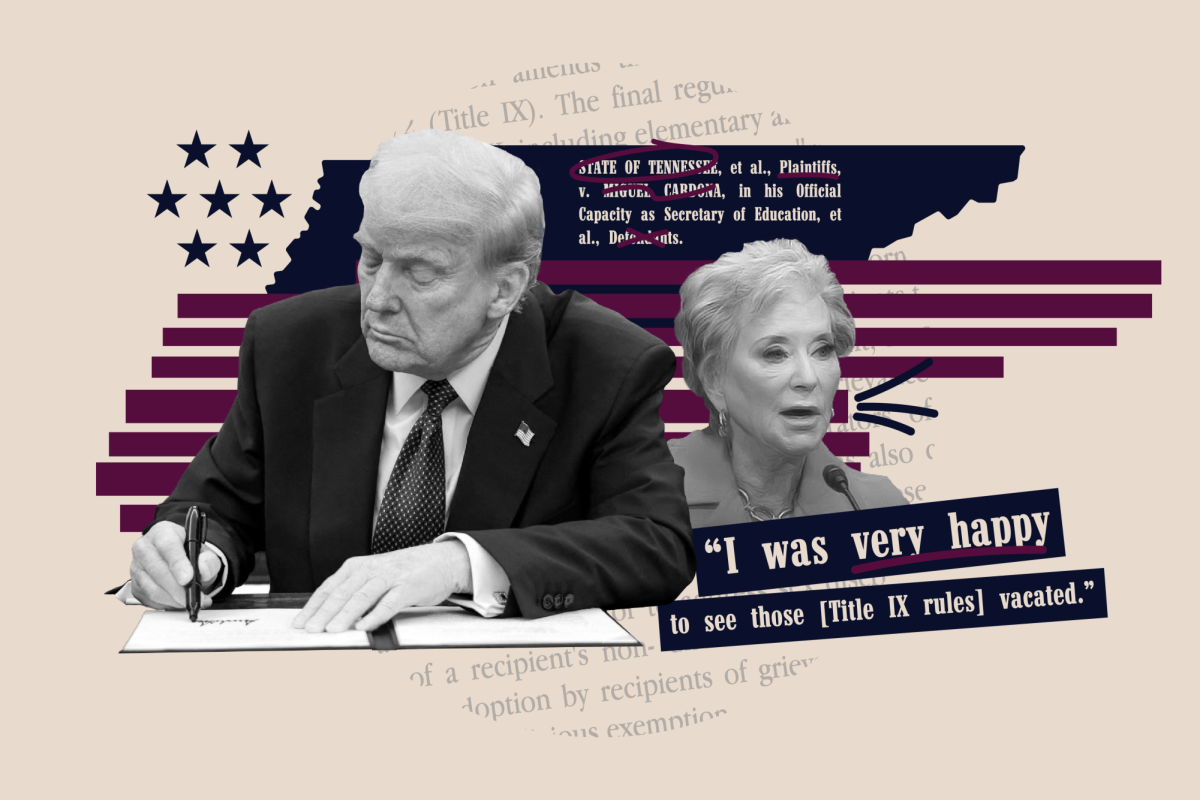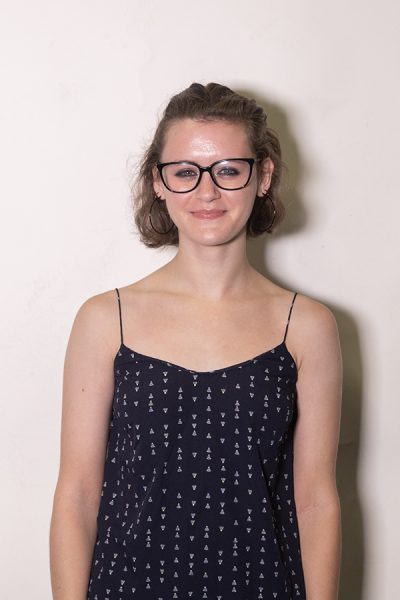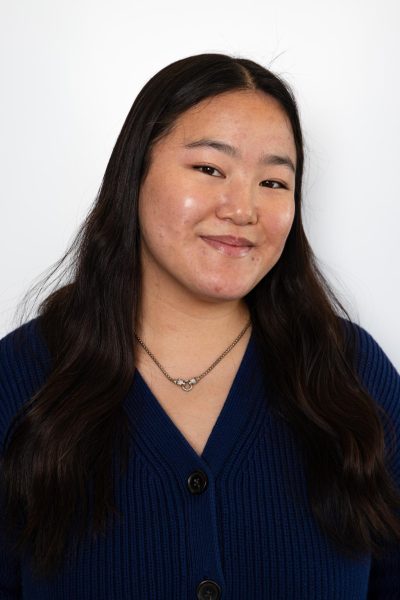After accumulating over 4,000 hours of service work since 2019, sophomore Louis Pratt was awarded the President’s Lifetime Achievement Award. Pratt collected these hours through his local chamber of commerce and Students Against Destructive Driving, a student-run certifying organization that promotes safe driving decisions.
Certifying programs can send in applications on behalf of their volunteers and the achievement is then awarded on a rolling basis throughout the year. The award has different levels based on the number of hours spent volunteering per year. Pratt was given the highest achievement which is a cumulative 4,000 hours or more of unpaid service work. Through his work in his hometown, Pratt said he credits SADD, his community and the college for his growing professional skills, flexibility and open-mindedness.
Pratt has been with SADD since 2019, working his way from a volunteer to the president-emeritus volunteer. Pratt first heard about SADD through an adviser at his high school. He said he connected with the cause because his uncle died of suicide, which inspired him to devote his time to a nonprofit. Outside of his volunteer work, Pratt is one of the executive directors of IC Park Promo, the Roy H. Park School of Communications’ in-house communications agency.
Proofreader Reese Schenkel spoke with Pratt about his volunteer work in his small hometown, Whitehall, New York, and with SADD and his local chamber of commerce, while also balancing his school and work life.
This article has been edited for length and clarity.
Reese Schenkel: What does being honored with this award mean to you?
Louis Pratt: There are a lot of emotions behind it. A lot of great ones. … I think people can look at it as, “Oh, it’s a great thing for your resume. It’s a great thing to have this. It’s a great way to be recognized.” But I take it as a great way for me to help people feel recognized. … It matters more that this museum [I’ve done work for] is feeling that they are recognized in our community. … I’m not just accepting it on behalf of myself, [but] I’m also accepting it on behalf of all the different organizations I’ve volunteered for and all the people that I’ve helped. … I was just really happy. I felt really proud. I could not stop smiling. I’m glad that I have had the chance to do this, and I’ve been able to help so many people and do all these different volunteering things.
RS: How have your [strategic communications] courses impacted your volunteer work?
LP: A good chunk of the stuff I’ve done for volunteerism is, how can I take this idea or this thing that I’m passionate about, or in some cases this event, and how do I help it reach the masses? So all the coursework that I’ve done has helped me learn not only the strategy behind that, but the creativity. All my professors have been extremely supportive. Shout out [Professor] Mark Addona, because last spring, I was working on a logo from one of the festivals back home. It was literally week one of classes and I barely knew the guy, and I said, “Can you help me?”… He spent time with me and sat down and looked through it. By no means necessary was he obligated to do any of that. So I think not only has the coursework helped me, but also the professors have been very supportive and they’ve helped me.
RS: How does your work with SADD impact the way you interact with Park Promo or vice versa?
LP: SADD has taught me so many practical professional skills. I have learned how to work in all these different settings because of all the different versions of my roles I’ve had with SADD. … I would say a lot of the work is very transferable because it teaches you skills like practical stuff like oral and written communication. … Being able to be open–minded and have the chance to hear what people are looking for, that’s a skill that’s important in the communications world. … That’s the thing about being a servant leader … [determining] how can I give back. Giving back is the ability to be like “What do you need?” not, “Here’s what I have.”
RS: If you could encourage your peers to do one thing, what would it be?
LP: My cliché quote has always been, “What you allow to happen will happen, so be the change you want to see.” … Find your passion, and as difficult as that sounds, play around with stuff. … Don’t be afraid to go out of your comfort zone.
RS: What’re your future aspirations, career or otherwise?
LP: I’ve already started to plan for events that are going on this year. … When I come home, I pick up right where I left off [with projects]. … I’d love for one day to get my Ph.D. I’d love to own my own ad agency and be a very socially good person, have ethical business practices, maybe at the end of my career become a professor. I also know that … I have these connections [back home and with SADD].


